A brood of rare peregrine falcon chicks have started to fly their nest at Chester’s Shot Tower under the watchful gaze of their parents – ending their own mini-lockdown and delighting hundreds of video viewers, who have tuned in daily to watch their progress.
10-second video snippets have been broadcast daily from the nest for the last ninety days courtesy of video production company Stoat media, who installed a built-in camera inside the concrete nesting box two years ago, when it was initially craned into place at the top of Chester’s tallest building.
At the time, it was hoped that the solar-powered, movement-triggered camera would capture the comings and goings of one breeding season – but almost 18 months on, it’s still going strong, providing dozens of short video clips every day from a second, action-packed season.
Up to 800 people per day have been viewing the short videos, which are published daily on Stoat Media’s Facebook page.
The action began just over 90 days ago, one week prior to lockdown, when the pigeons that had previously called the box home made a very swift exit. It was clear that something had spooked them, and shortly afterwards viewers were treated to their first view of a pair of peregrine falcons beginning nesting preparations inside their new home.
Viewers were treated to a bird’s-eye view of their four eggs, which were laid in the same week lockdown was announced. As word spread, more and more home-bound people tuned in to watch the videos, and see the chicks eventually emerge after a four-week incubation period.
Over the next forty days, viewers followed the twists and turns of the falcons and their growing and increasingly hungry family, with the male and female taking it turns to hunt for food – comprising mainly of feral pigeons, which they swoop down on from their high vantage point, reaching speeds of 180mph.
The real drama though began last week when the now sizeable chicks started, one by one, to fledge. It’s not unusual for fledging peregrine falcons to come unstuck when finding their wings and learning to fly, and the four youngsters were faced with a particularly daunting task when leaving the 168ft high nest.
Over the course of three successive days, three out of the four juvenile falcons were rescued from the base of the tower, where they had landed in somewhat of an uncontrolled fashion while trying to find their wings. They were moved swiftly by the bird support charity Raptor Aid as local cats began to take an interest in their plight and rehoused nearby at the top of The Queen Hotel, where the chicks were reunited with their roosting parents.
One juvenile chick still remains in the nest – though it is expected to fledge within the next 48 hours and join its two brothers and sister, who are becoming increasingly confident flyers, under the tutelage of their parents.
Commenting on the popularity of the videos, Stoat MD Simon Davies, who works alongside his son Sam, said: “As a video production agency, we get to work on some pretty exciting projects, but this one is particularly special for me as I’m a big wildlife fan – and it seems like I’m not the only one.
“In many ways, our lives over the last forty days have mirrored those of the chicks; the eggs were laid at the very start of lockdown and, since hatching, the chicks have been stuck inside, feasting on take-aways, looking longingly at the view outside.
“As lockdown has eased for us, so it has for the falcon chicks too, and it’s fantastic to finally see them take to the sky - even if their first flights weren’t a soaring success!”
This latest successful breeding pair are a testament to the resurgence of the peregrine falcon in the British Isles, following their decline in the mid-20th century because of pesticide use and culling.
By 1963-64, 80 per cent of the UK peregrine population had been lost and only about 300 breeding pairs were left. After the banning of some pesticides, peregrine numbers slowly recovered, and by the late 1990s reached pre-decline levels over much of their former range. Now there are about 1,500 breeding pairs, including at least three pairs at various locations in and around Chester city centre.
The impressive longevity of the camera, and the quality of the footage it has captured over the last two years – despite it being a little misty of late due to the attention it has received from the inquisitive chicks and the fact there’s no separate WC in the box - has also led to the emergence of a side business for Stoat media installing cameras at various wildlife sites.
“When lockdown began, we obviously had to stop a lot of the video production work we had planned for clients,” said Simon. “However, as word got out about the camera at Shot Tower, we’ve had various jobs come in to install similar cameras to capture the comings and goings of various species, particularly bat roosts where construction is being considered.”


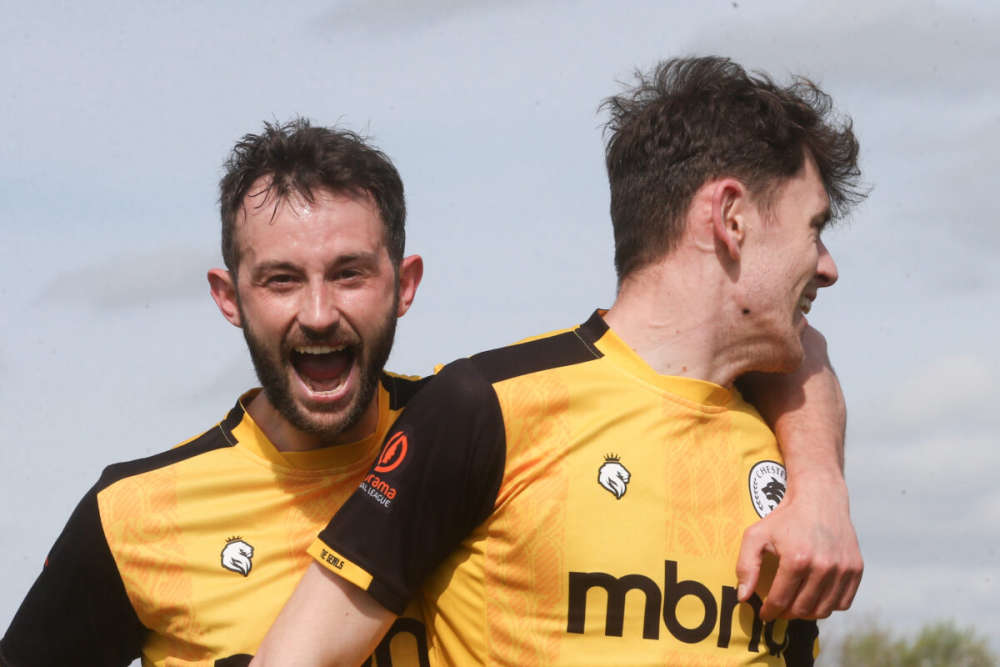 MATCH PREVIEW - CHESTER FC v DARLINGTON
MATCH PREVIEW - CHESTER FC v DARLINGTON
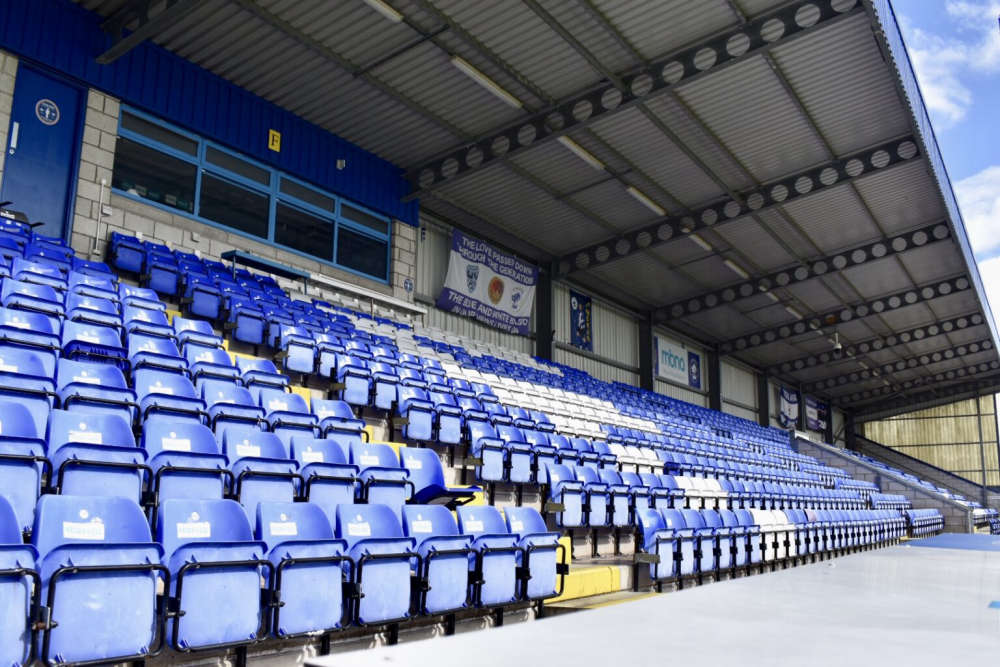 CHESTER FC STATEMENT
CHESTER FC STATEMENT
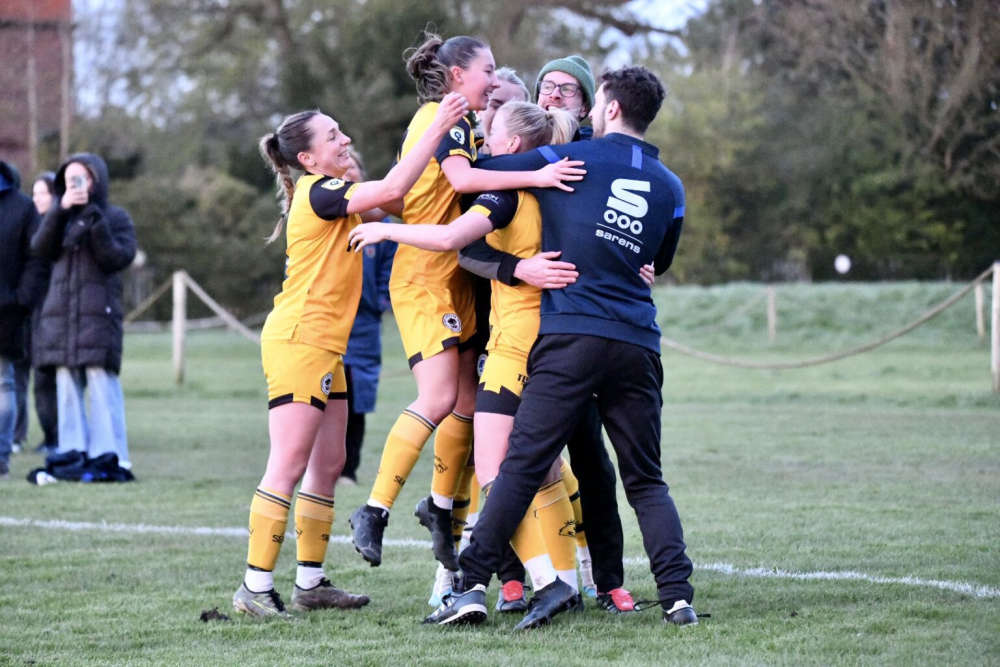 MATCH REPORT: ELLESMERE PORT TOWN 3 - 4 CHESTER WOMEN
MATCH REPORT: ELLESMERE PORT TOWN 3 - 4 CHESTER WOMEN
 People in Chester are invited to join a singing celebration to mark Global Intergenerational Week
People in Chester are invited to join a singing celebration to mark Global Intergenerational Week
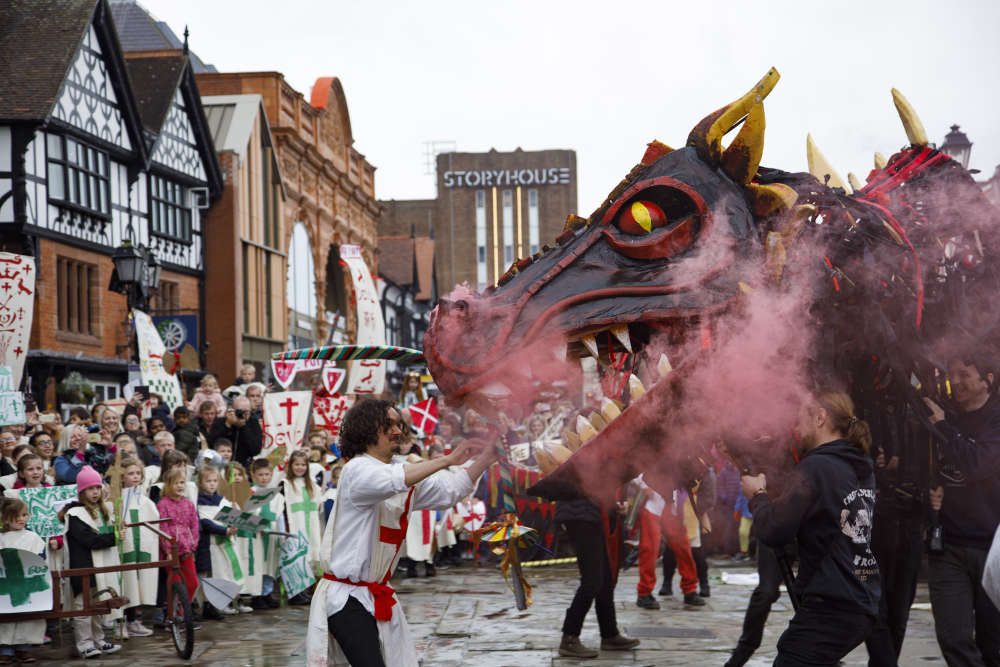 St George returns to Chester on Tuesday 23rd April
St George returns to Chester on Tuesday 23rd April
 Man jailed for stalking Chester MP
Man jailed for stalking Chester MP
 Hundreds of well-dressed ducks gear up for Chester Duck Race
Hundreds of well-dressed ducks gear up for Chester Duck Race
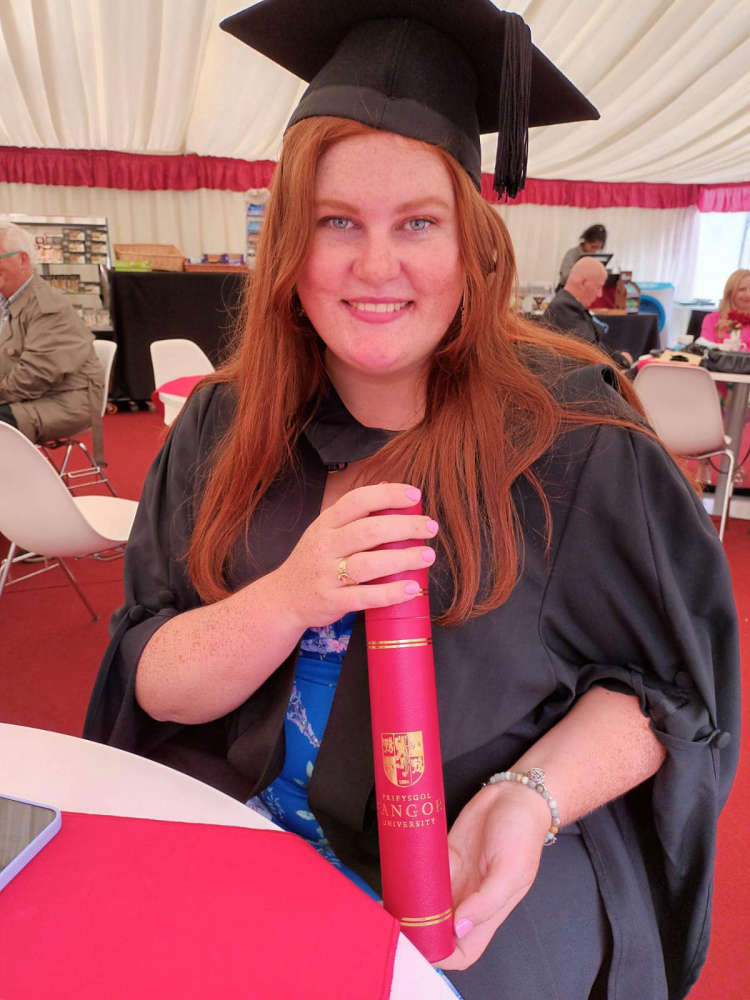 Police appeal for witnesses to fatal collision in Elton as family pay tribute
Police appeal for witnesses to fatal collision in Elton as family pay tribute
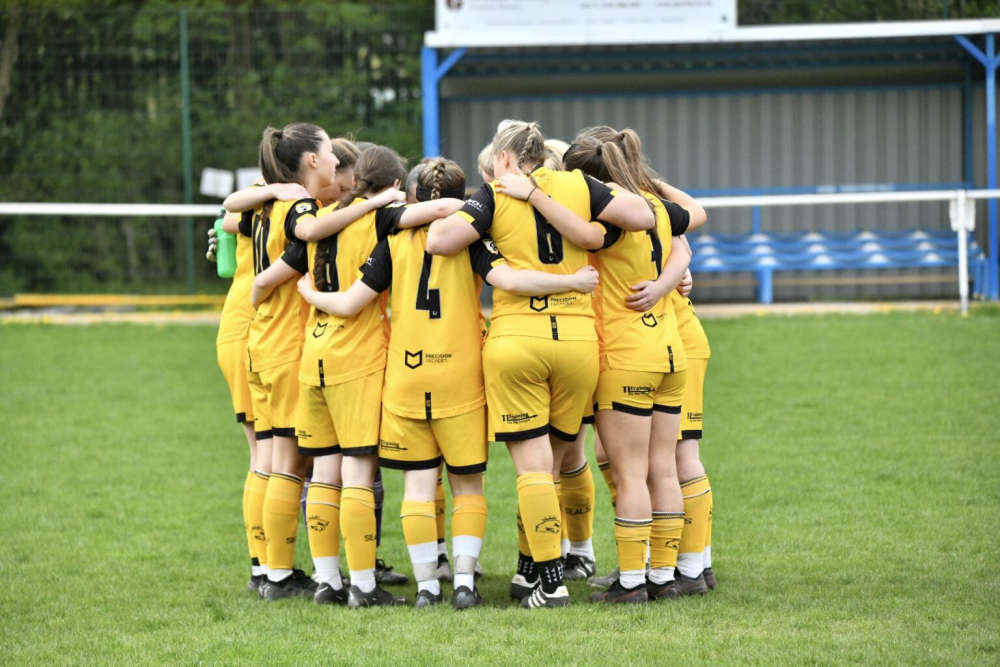 MATCH REPORT: WYTHENSHAWE 4 - 2 CHESTER FC WOMEN
MATCH REPORT: WYTHENSHAWE 4 - 2 CHESTER FC WOMEN
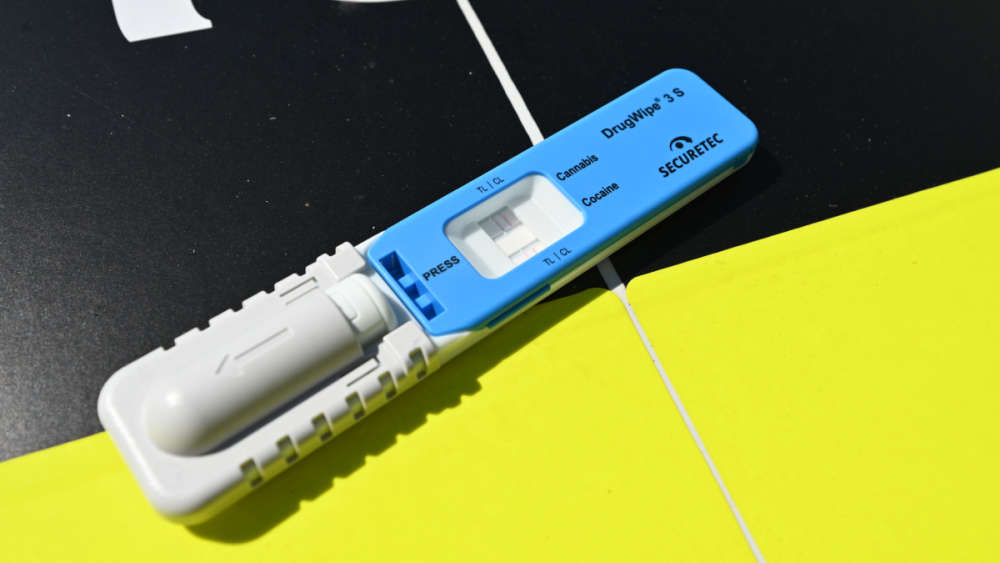 Cheshire Police among top performing forces for tackling drink and drug driving
Cheshire Police among top performing forces for tackling drink and drug driving
 ROLES UP FOR GRABS AS CURTAIN SET TO RISE ON THEATRE COMPANY'S NEW PLAY
ROLES UP FOR GRABS AS CURTAIN SET TO RISE ON THEATRE COMPANY'S NEW PLAY
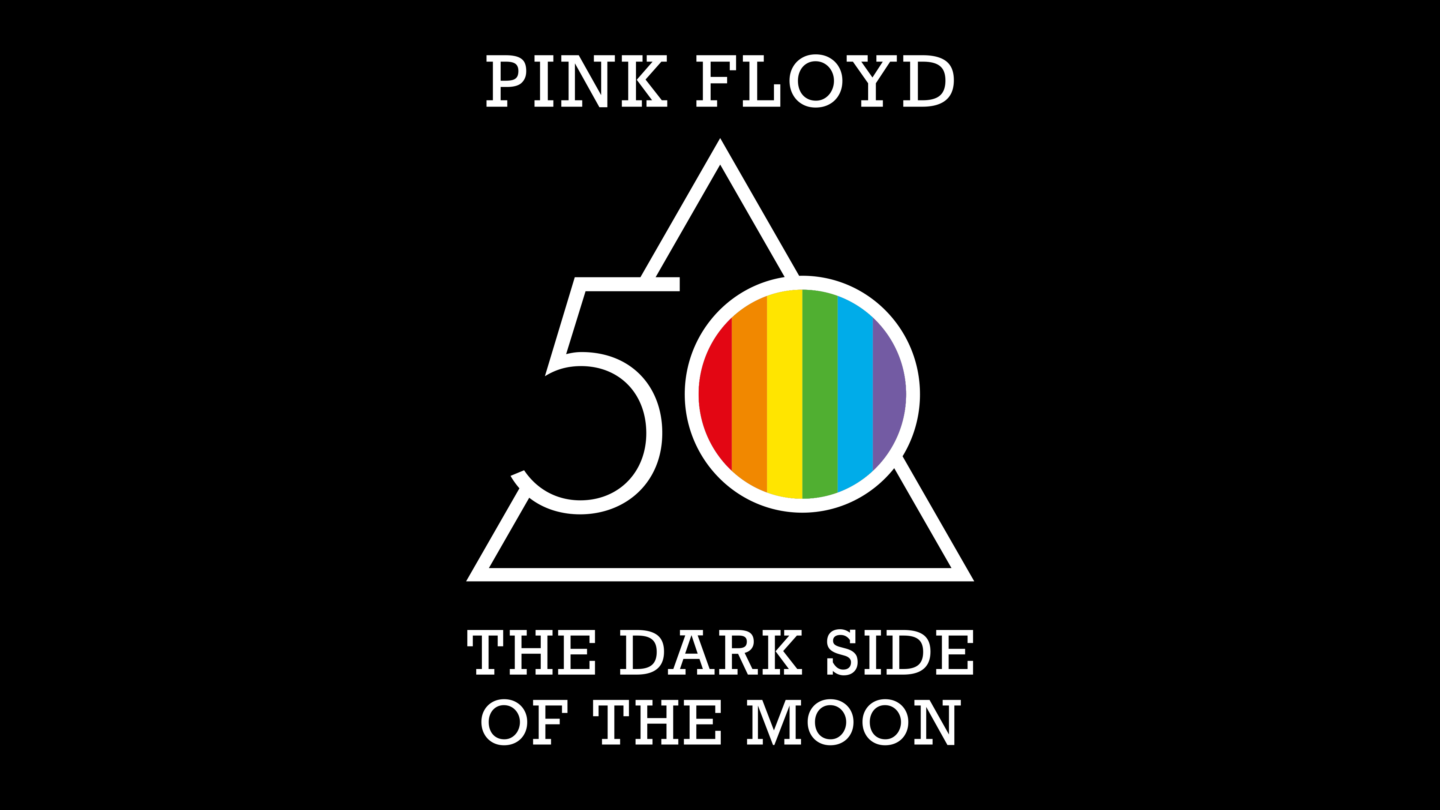 Pink Floyd: The Dark Side of the Moon returns to Jodrell Bank
Pink Floyd: The Dark Side of the Moon returns to Jodrell Bank
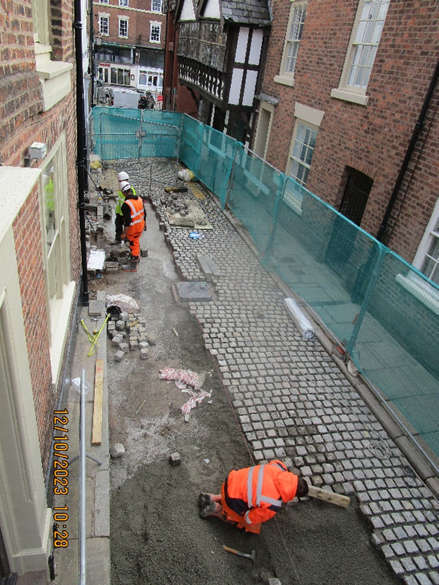 Welsh Water presents to Chester Residents Associations about pollution in the River Dee
Welsh Water presents to Chester Residents Associations about pollution in the River Dee
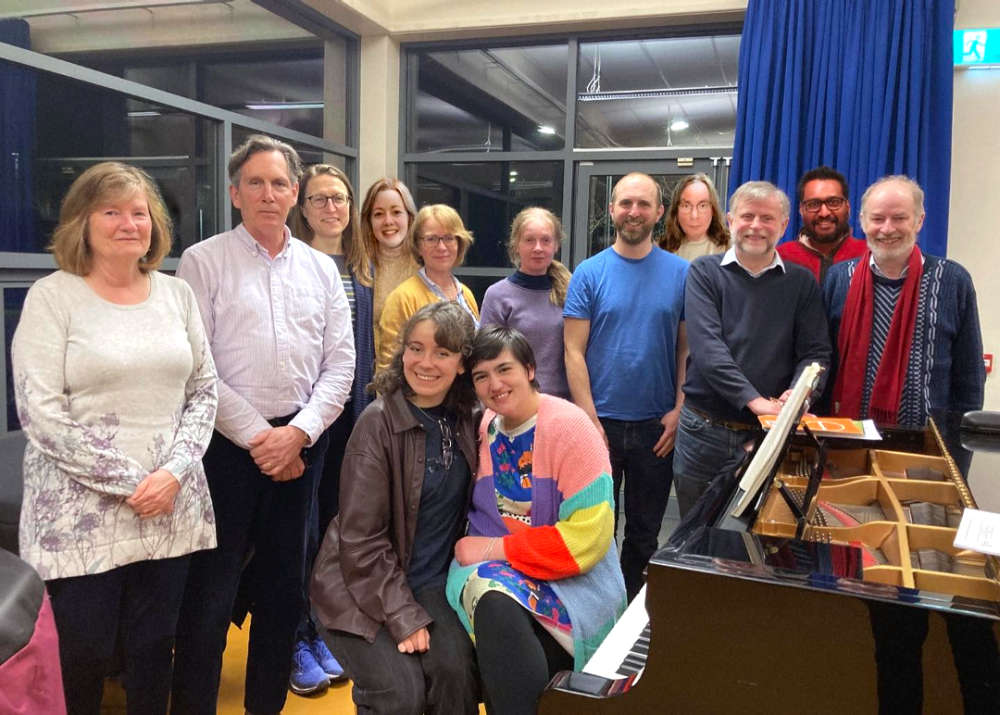 SOLOISTS SET TO SHINE DURING SPECIAL CHESTER PERFORMANCE OF HANDEL'S MESSIAH
SOLOISTS SET TO SHINE DURING SPECIAL CHESTER PERFORMANCE OF HANDEL'S MESSIAH
 Chester and Wirral Football League - Latest Results
Chester and Wirral Football League - Latest Results
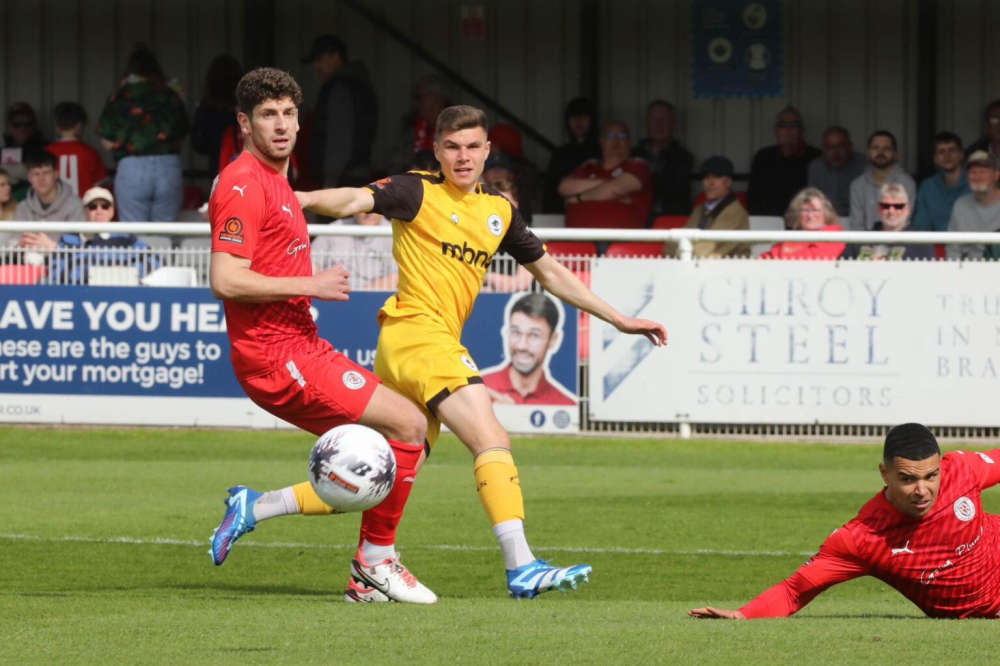 BLUES MATCH REPORT - BRACKLEY TOWN 3 - 1 CHESTER FC
BLUES MATCH REPORT - BRACKLEY TOWN 3 - 1 CHESTER FC
 Inspired Villages complete a 7,500-Mile Charity Cycling Challenge in aid of PROSTaid UK
Inspired Villages complete a 7,500-Mile Charity Cycling Challenge in aid of PROSTaid UK
 Jail term for man who stalked Chester's MP
Jail term for man who stalked Chester's MP
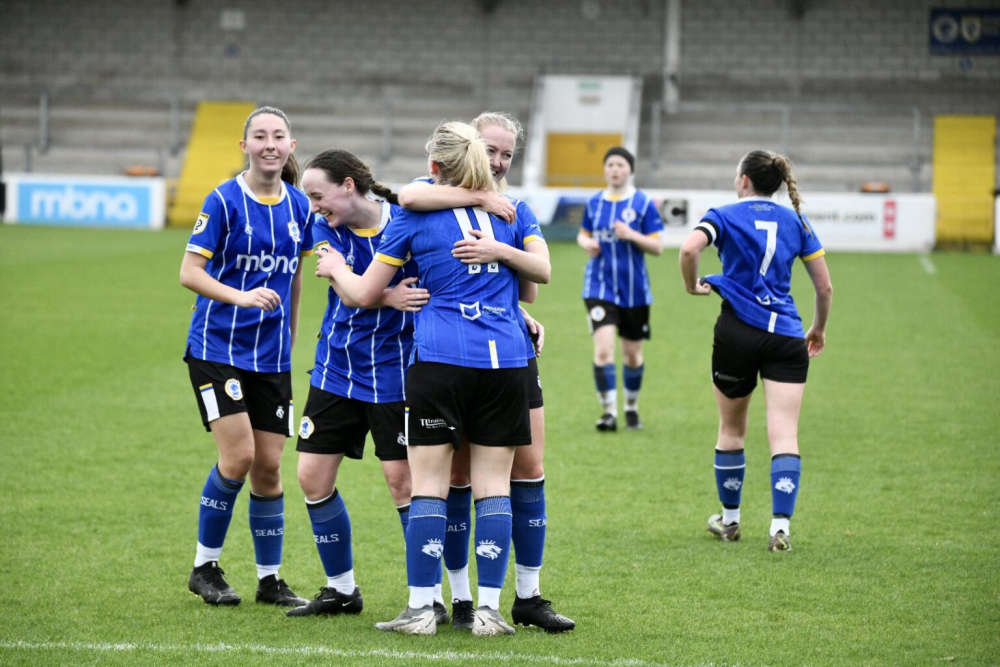 CFCW MATCH PREVIEW: WYTHENSHAWE v CHESTER FC WOMEN
CFCW MATCH PREVIEW: WYTHENSHAWE v CHESTER FC WOMEN
 BLUES MATCH PREVIEW: BRACKLEY TOWN v CHESTER FC
BLUES MATCH PREVIEW: BRACKLEY TOWN v CHESTER FC